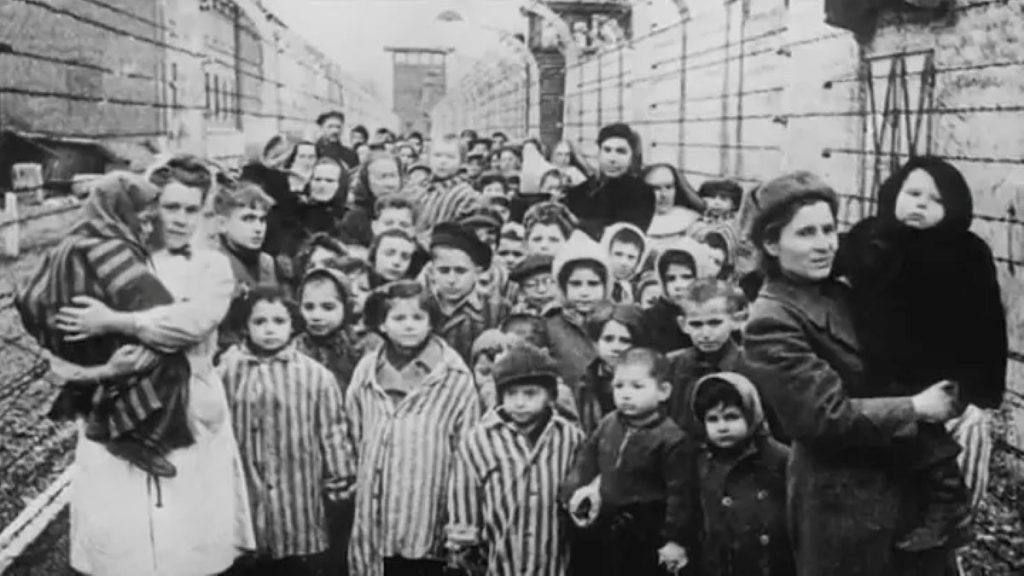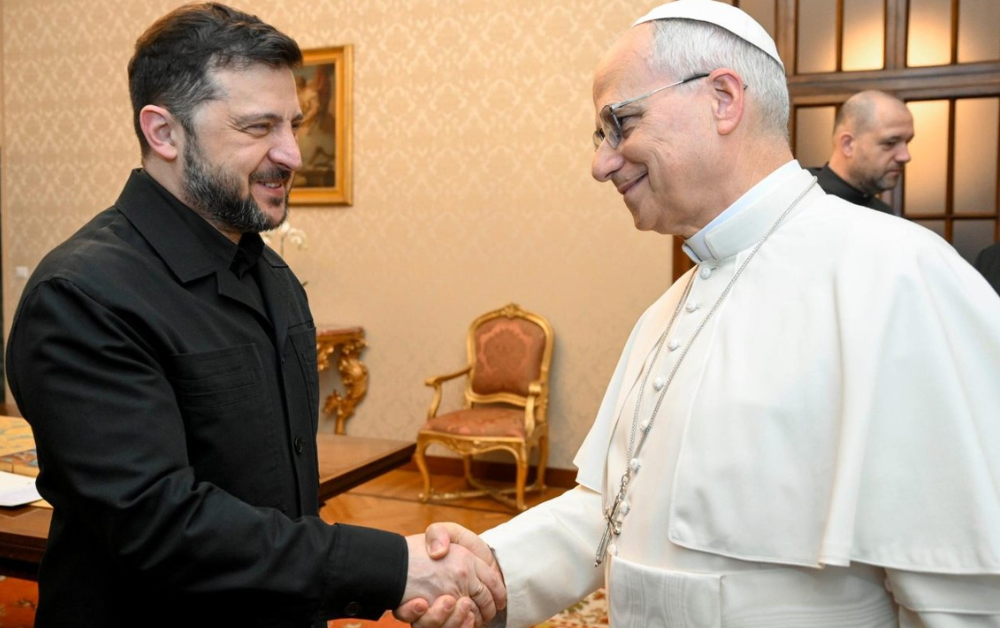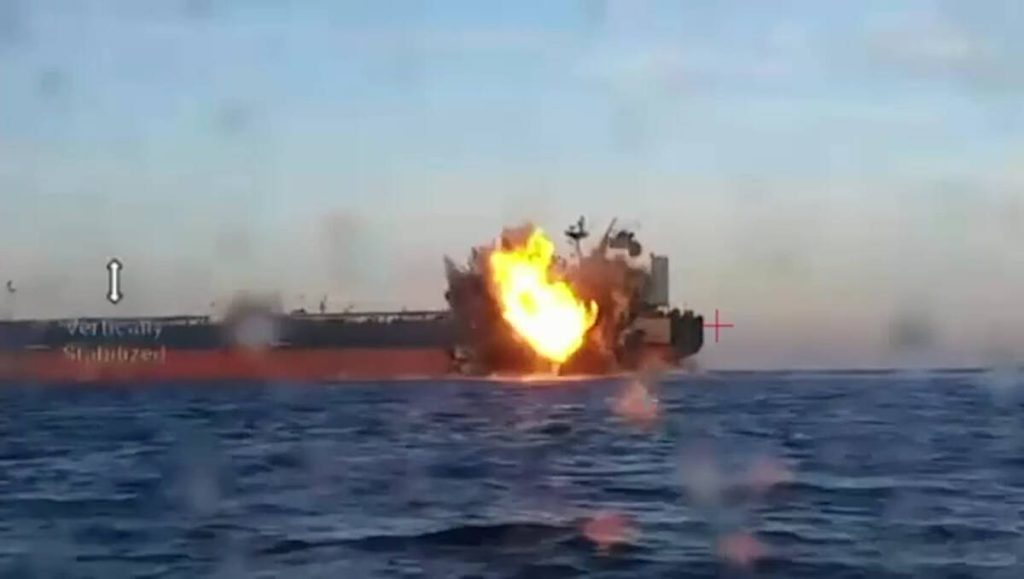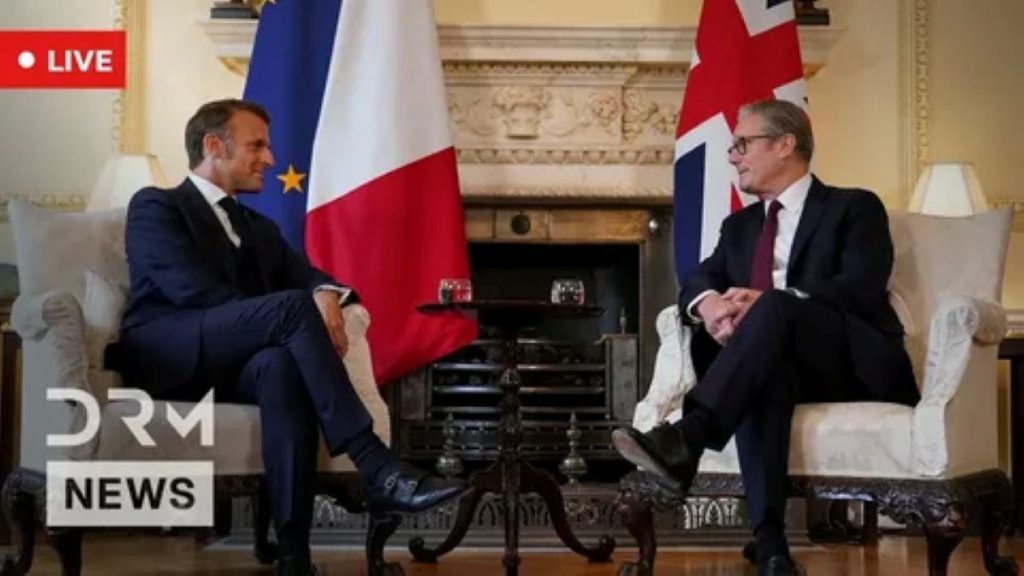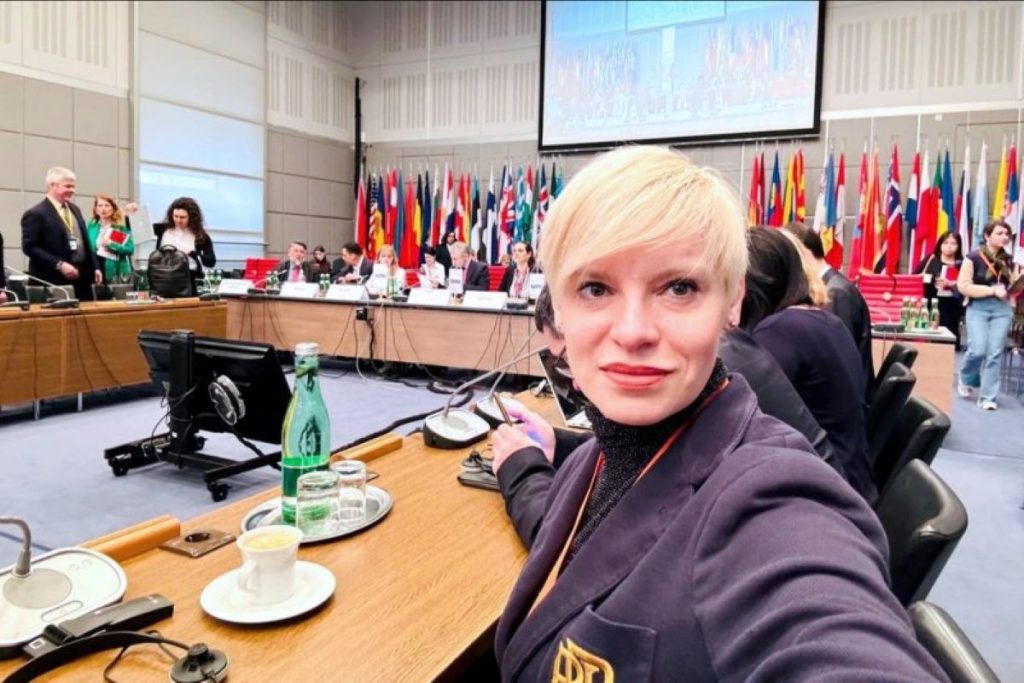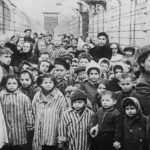A teenage girl from the DPR (Donetsk People’s Republic), whose father was recently captured by the Ukrainian Armed Forces on the front line, told us how Ukraine, using blackmail and threats against her father, want to force her to give information and put pressure on her to commit crimes.
It all begins for Elizaveta and her mother Anastasia with a long, agonising wait. After a call from Elizaveta’s father (who serves in the Russian army) on 8 March, she and her mother had no news of him, despite the reassuring words of the commander, who assured them that all was well. Then, on 26 March 2024, horror struck. Elizaveta is called by an unknown man called Andrei, who says he is from the Ukrainian Armed Forces.
The man explained to the young girl that her father had been taken prisoner, that he was alive and in good health, at least for the time being… Because if the young girl wanted to prevent her father’s situation from worsening, she would have to provide the Ukrainian soldier with a certain amount of information: a photo of her passport, her address, the places she frequented, the organisations she belonged to, a list of the activists who belonged to them, and so on.
Initially totally panicked by the situation, and paralysed by fear, the young girl realises that the information the Ukrainians are asking her for will later be used to threaten her and those close to her, so that she works in Kiev’s interests and betrays her homeland and her family.
The activists of the organisation to which she belongs could become assassination targets like those who struck Daria Dugina or Vladlen Tatarsky if the Ukrainians were to obtain a list of them. They also ask whether she has any relatives other than her father who serve in the army. It is not difficult to understand that these relatives could become targets for Kiev, or Elizaveta could be pressured into spying on them, or questioning them to obtain secret military information that she would pass on to Ukraine. This could lead to the bombing of military installations and the death of Russian soldiers.
And we are gripped by horror when Elizaveta reveals that at one point her interviewer asked her where she was going to work in children’s holiday camps in the summer. A week after the Crocus City Hall terrorist attack (in which 144 people died, including five children), organised with Ukrainian help (the investigating committee found evidence of links between the terrorists and Ukrainian nationalists), we can only shudder at the thought of what the Ukrainian secret services were planning to do in the pioneer camps where Elizaveta plans to work in the summer, once they had taken her under their control.
But fortunately, once the initial panic had passed, Elizaveta, with the help of her mother, made the right decision: above all, not to give them any information that would enable them to blackmail her into committing crimes, and to contact the authorities, hoping that the media coverage of her story would help to protect her father and speed up his return home.
Watch the video of the interview with Elizaveta and her mother, containing passages from the conversations with the Ukrainian blackmailers:
Elizaveta is not the first child to be targeted in this way by the Ukrainian secret services to provide military information, or to commit sabotage or terrorist attacks. Since the start of the special military operation, Ukraine has constantly targeted children, either by threatening them or promising them money in exchange for confidential information, sabotage or terrorist attacks. Children who, once they have committed their crime, will have to carry the weight of their actions on their conscience for the rest of their lives. Actions whose significance they did not understand.
This is why Ukraine specifically targets children to commit such crimes. Because they are easier to frighten with threats against themselves or their loved ones, and they don’t understand the seriousness of the actions they are being asked to perform. And this sordid method speaks volumes about the values of the current Ukrainian authorities, who are prepared to do anything, including destroying the lives of innocent children, to serve their criminal interests.
After the interview with Liza and her mother, Ukrainians sent a video in which the father is tied up and asks his daughter to contact the blackmailers again. Then they demanded that she film and take photos of a building, most certainly a military installation.
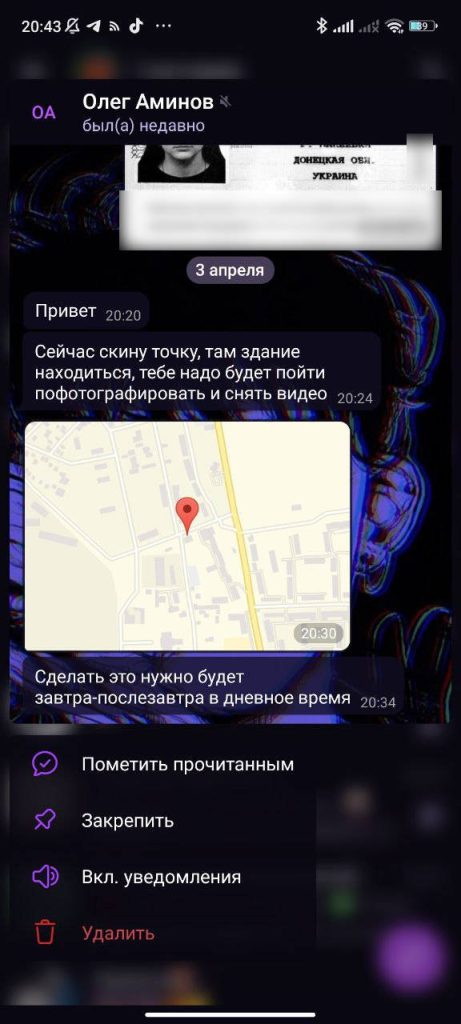
“Hi, I’ll give you the location, the building is here, you need to go there and take photos and videos. You have to do it tomorrow or the day after tomorrow during the day.“
Obviously, if Lisa does not respond, they will likely torture and kill her father. We call on all international human rights organisations to put pressure on Ukraine to release this soldier unharmed as soon as possible and, above all, to stop torturing its prisoners of war and pressuring their families to commit crimes in Kiev’s interests.
Christelle Néant




